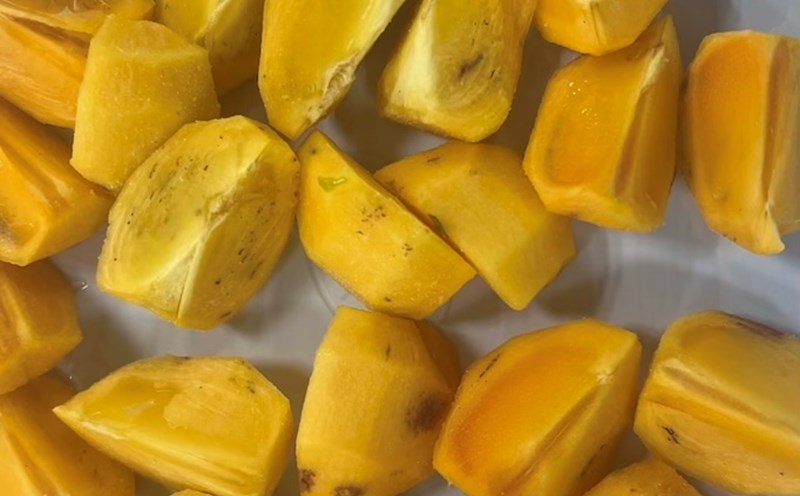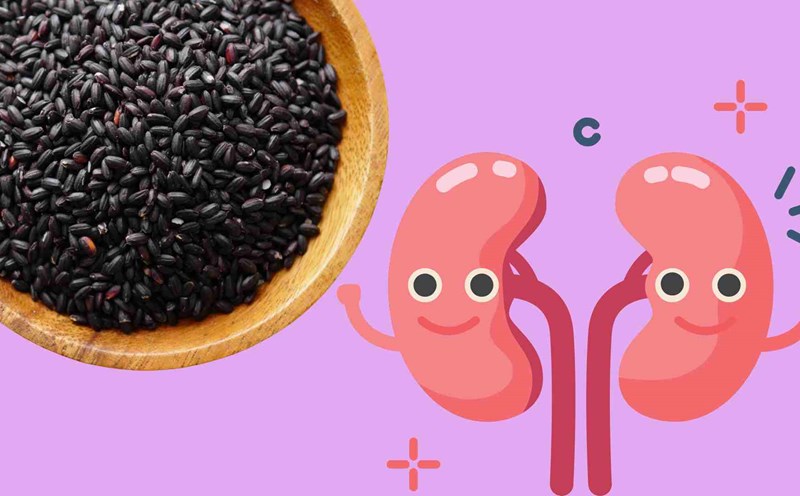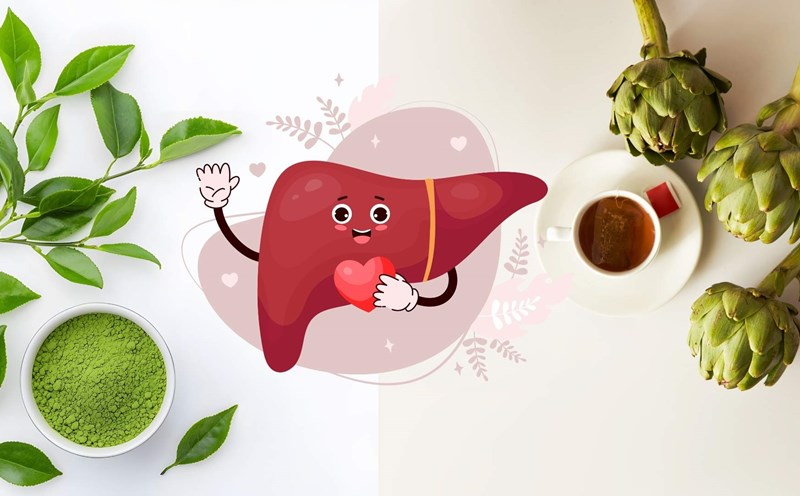3 things to increase
1. Whole grains
Current diets are often high in fat and low in fiber, especially in young people. Meanwhile, whole grains are rich in minerals and micronutrients, which help the liver metabolise, repair and regenerate cells.
This food is low in fat, rich in fiber, both aids digestion and reduces cholesterol absorption, thereby contributing to the prevention of fatty liver.
2. Fruits and green vegetables
Fresh vegetables and fruits not only add fiber but are also rich in vitamins and minerals, meeting diverse nutritional needs and helping liver cells stay healthy.
3. Protein
Protein is the foundation of all cells and tissues. Therefore, it is very important to add enough protein to your daily diet.
High-quality protein sources include poultry, fish, eggs, milk... Can be reasonably arranged into all 3 meals for the body to absorb better.
4 things to reduce
1. Alcohol
The liver is where alcohol is processed. When metabolized, alcohol produces acetaldehyde - a Toxin that can damage liver cells, causing fatty deposits in the liver, leading to fatty liver caused by alcohol and increasing the risk of liver cancer.
2. Fatty foods
Eating too many fried foods and fat can easily cause metabolic disorders, obesity and fatty liver. At first, the symptoms may not be clear, but in the long run, it will seriously affect health.
3. Marked, spoiled food
Milky foods, cooking oils, or peanut butter can contain aflatoxin - a highly toxic substance that can cause cancer in very small amounts. The liver, the main detoxification organ, will suffer the first damage.
4. Excessive dieting
Many people think that fasting will help the liver reduce fat, but in reality, the opposite is true. Strict dieting causes the body to break down fat too quickly, causing oxidative stress, causing liver cell damage and more severe fatty liver disease.











